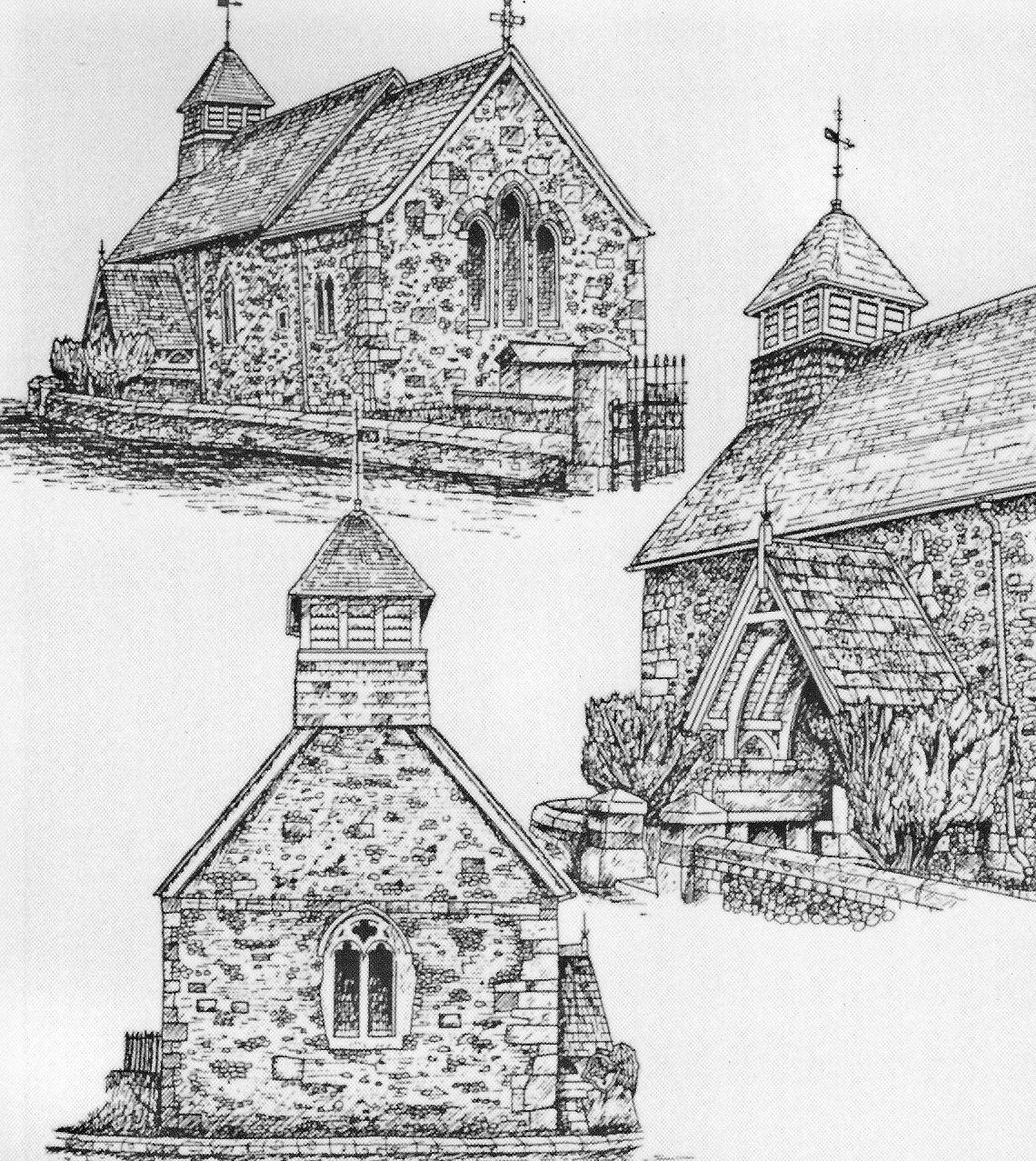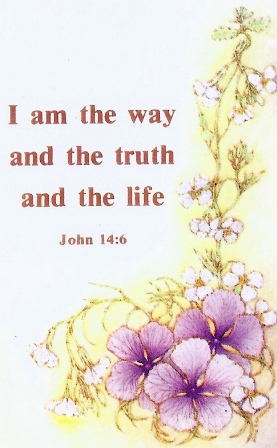George Herbert whose day we celebrate on the 27th February is often referred to as one of the Caroline Divines. These divines not only lived during the reign of Charles I (Carolus in Latin) and his son, Charles II, but also their lives were noted for their holiness in living and in worship as well as for their preaching and writing. Amongst these were Lancelot Andrewes, Mark Frank, John Cosin, Jeremy Taylor, Nicholas Ferrar, John Donne, Anthony Farindon, as well as George Hebert.
 Herbert had studied in Cambridge and was a gifted orator, and at one stage had ambitions of a courtly life just as his friend Nicholas Ferrar had. Both however turned their backs to the ways of the world: Nicholas founded "Little Gidding" where he and his extended family lived a monastic life existence, while George after writing A Priest to the Temple became a country parson in a little parish, about a mile's walk from Salisbury Cathedral. Frequently Herbert would walk to this Cathedral for Evensong along the path via the old mill (something that still can be done) where he thought he was in heaven from the beautiful music and worship.
Herbert had studied in Cambridge and was a gifted orator, and at one stage had ambitions of a courtly life just as his friend Nicholas Ferrar had. Both however turned their backs to the ways of the world: Nicholas founded "Little Gidding" where he and his extended family lived a monastic life existence, while George after writing A Priest to the Temple became a country parson in a little parish, about a mile's walk from Salisbury Cathedral. Frequently Herbert would walk to this Cathedral for Evensong along the path via the old mill (something that still can be done) where he thought he was in heaven from the beautiful music and worship.
 George Herbert is one of the most loved priest-poets in the English Church and indeed amongst many Christians. One of my very favourite things at night, after I have prayed and pondered and turned off the light is to listen to some of my very favourite music as I fall asleep. Amongst that music repertoire is Ralph Vaughan Williams’ Five Mystical Poems composed for the 1911 Three Choir Festival, held that year in Worcester. The words, as you might suspect, come from the pen of George Herbert: Easter – “Rise heart; thy Lord is risen; “I got me flowers to strew thy way; “Love bade me welcome; yet my heart drew back”; The Call: Come, my Way, my Truth, my Life”; and Antiphon: “Let all the world in every concert sing.”
George Herbert is one of the most loved priest-poets in the English Church and indeed amongst many Christians. One of my very favourite things at night, after I have prayed and pondered and turned off the light is to listen to some of my very favourite music as I fall asleep. Amongst that music repertoire is Ralph Vaughan Williams’ Five Mystical Poems composed for the 1911 Three Choir Festival, held that year in Worcester. The words, as you might suspect, come from the pen of George Herbert: Easter – “Rise heart; thy Lord is risen; “I got me flowers to strew thy way; “Love bade me welcome; yet my heart drew back”; The Call: Come, my Way, my Truth, my Life”; and Antiphon: “Let all the world in every concert sing.”
 I first discovered George Herbert many, many years ago through the English Hymnal. I grew up with this hymnal (in my mind the best hymnal compiled) in my hand which bore the hallmark of its musical editor, no other than Ralph Vaughan Williams. So “Teach me my God and King in all things to see” and “King of glory; King of peace, I will love thee” are just two of Herbert’s poems I have sung all my life. They have helped me to endeavour to bring “the cream of my heart” to the Lord as surely as George Herbert did.
I first discovered George Herbert many, many years ago through the English Hymnal. I grew up with this hymnal (in my mind the best hymnal compiled) in my hand which bore the hallmark of its musical editor, no other than Ralph Vaughan Williams. So “Teach me my God and King in all things to see” and “King of glory; King of peace, I will love thee” are just two of Herbert’s poems I have sung all my life. They have helped me to endeavour to bring “the cream of my heart” to the Lord as surely as George Herbert did.
 As one who gave his heart to the Lord, Herbert’s poems cover the whole spectrum of the Christian Year as it celebrates the essential aspects of belief and faith. Accordingly his prose and poetry embrace the crux of the Gospel: Love given for sinful man, and continually given in the Blessed Sacrament, and man in turn responding to Love, but also acknowledging his unworthiness. They also contain the Christian concepts of service and devotion, praise and thanksgiving, “Seven whole days, not one in seven, I will praise Thee” Such poems have inspired not only me, but many others to live in joy and praise – “With my utmost art \ I will sing Thee,” and to be transformed by Love.
As one who gave his heart to the Lord, Herbert’s poems cover the whole spectrum of the Christian Year as it celebrates the essential aspects of belief and faith. Accordingly his prose and poetry embrace the crux of the Gospel: Love given for sinful man, and continually given in the Blessed Sacrament, and man in turn responding to Love, but also acknowledging his unworthiness. They also contain the Christian concepts of service and devotion, praise and thanksgiving, “Seven whole days, not one in seven, I will praise Thee” Such poems have inspired not only me, but many others to live in joy and praise – “With my utmost art \ I will sing Thee,” and to be transformed by Love.
Herbert spent very little time in holy orders before his death but it would seem he tried to live out what he had written in the above work. Hence the whole tone of his life was holy, no better illustrated than in the opening sentence of this work. A priest "is exceeding exact in his life, being holy, just, prudent, temperate, bold, grave in all his ways." Undoubtedly his preparation for his priestly ministry and indeed his Christ-like living was built on the spiritual foundation that he learnt from his remarkable and saintly mother. From her he observed that a deep spiritual life was grounded in stilling the soul and living each moment with God. Each day was offered to Him:


 But Thou art ready there to catch
But Thou art ready there to catch

 My morning-soul and sacrifice:
My morning-soul and sacrifice:
 Then we must needs for that day make a match.
Then we must needs for that day make a match.
Herbert outlined what are the most important duties for the parson: to pray, take Divine Services and administer the sacraments, both with and on behalf of his people. In preparation for these he composes "himself to all possible reverence; [lifts] up his heart and hands, and eyes, and [uses] all other gestures that may express a hearty and unfeigned devotion." He achieved this by:
 being truly touched and amazed with the majesty of God, before whom he presents himself; yet not as himself alone, but as presenting with himself the whole congregation; whose sins he then bears and brings with his own to the heavenly Altar to be bathed and washed in the sacred Laver of Christ's blood.
being truly touched and amazed with the majesty of God, before whom he presents himself; yet not as himself alone, but as presenting with himself the whole congregation; whose sins he then bears and brings with his own to the heavenly Altar to be bathed and washed in the sacred Laver of Christ's blood. 
 Edifying his flock was vital, for not only must he be pious, but also his people. Among the matters he had to teach them was "how to carry themselves in Divine Service", with "all possible reverence", so that there was not any "talking, or sleeping, or gazing, or leaning, or half-kneeling, or any undutiful behaviour."
Edifying his flock was vital, for not only must he be pious, but also his people. Among the matters he had to teach them was "how to carry themselves in Divine Service", with "all possible reverence", so that there was not any "talking, or sleeping, or gazing, or leaning, or half-kneeling, or any undutiful behaviour."
 When once thy foot enters the church, be bare.
When once thy foot enters the church, be bare.
 God is more there, than thou: for thou art there
God is more there, than thou: for thou art there
 Only by His permission. Then beware,
Only by His permission. Then beware,
 And make thyself all reverence and fear.
And make thyself all reverence and fear.
Herbert also emphasised the importance of private prayer, especially silent prayer in order to grow spiritually.


 Salute thy self: see what thy soul does wear.
Salute thy self: see what thy soul does wear.


 Dare to look in thy chest, for 'tis thine own:
Dare to look in thy chest, for 'tis thine own:


 And tumble up and down what thou find'st there.
And tumble up and down what thou find'st there.
Some of Herbert's poems have become well known through their adaptation as hymns such as "Teach me my God and King", but the loveliest of his poems, I think, is this eucharastic one.

 Love bade me welcome: yet my soul drew back,
Love bade me welcome: yet my soul drew back,


 But quick-eyed Love, observing me grow slack
But quick-eyed Love, observing me grow slack




 From my first entrance in,
From my first entrance in,


 Drew nearer to me, sweetly questioning,
Drew nearer to me, sweetly questioning,


 A guest, I answer'd, worthy to be here:
A guest, I answer'd, worthy to be here:




 Love said, You shall be he.
Love said, You shall be he.


 I the unkind, ungrateful? Ah my dear,
I the unkind, ungrateful? Ah my dear,


 Love took my hand, and smiling did reply,
Love took my hand, and smiling did reply,


 Truth, Lord, but I have marr'd them: let my shame
Truth, Lord, but I have marr'd them: let my shame




 Go where it does deserve.
Go where it does deserve.


 And know you not, says Love, who bore the blame?
And know you not, says Love, who bore the blame?




 My dear, then I will serve.
My dear, then I will serve.


 You must sit down, says Love, and taste my meat:
You must sit down, says Love, and taste my meat:
His writings embrace the crux of the Gospel: Love given for sinful man, and continually given in the Blessed Sacrament, and man in turn, responding to Love in his unworthy way, "I will love Thee," with "the cream of all my heart". The basis of our worship is still what it was in Herbert's day: to worship God in the beauty of holiness and to give God His due in reverence and "sweet music".


